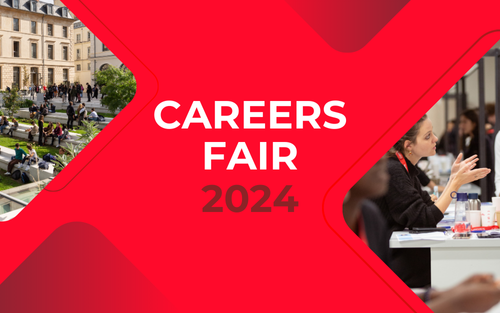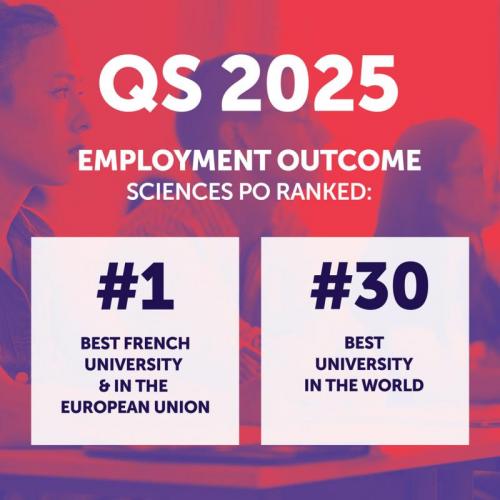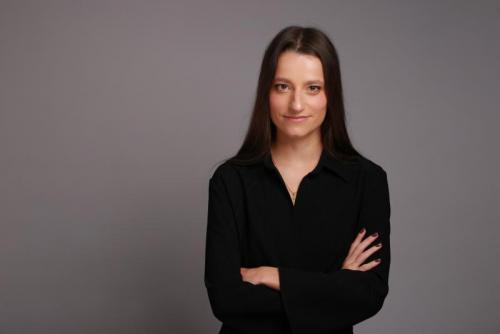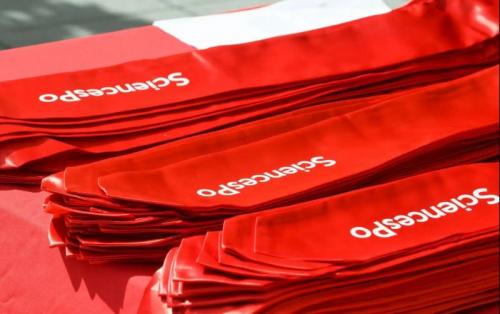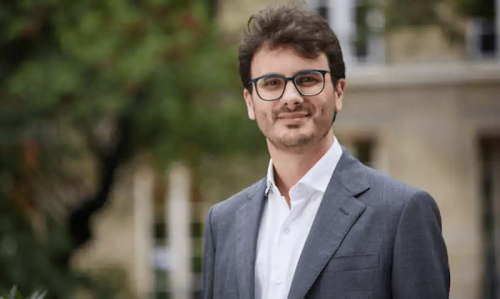Utsav Shah Masters in International Economic Policy at PSIA
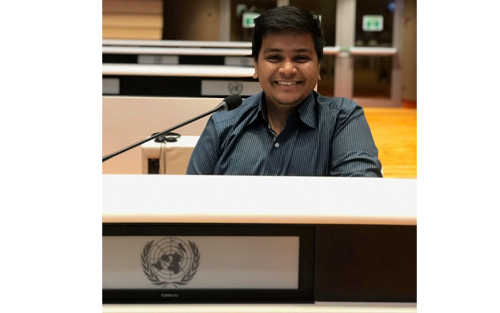
How did you secure this role?
For my initial internship with the UN, I had applied through the UN Inspira vacancy portal and was contacted a few weeks after my application. During my time at UNCTAD, I connected with a few people at the OECD who informed me about an internal vacancy to which I subsequently applied. Technically, I am working on the similar issues but just switched organizations and offices!
What is your role and main responsibilities?
At both the UN and OECD, I have been engaged with a lot of data and policy research for developing countries/LDCs. I focus on private sector development, economic diversification and competitiveness improvement in global markets, the legal environment for business, and business development services and capacity building. My primary responsibilities include statistical research as well as conceptualizing, drafting and co-ordinating OECD publications and peer reviews.
I am currently authoring a few chapters of the OECD’s Legal Environment for Business Report for Central Asia, which is expected to be launched early next year. Additionally, I am coordinating and co-organizing the EU-Central Asia Investment Summit in November 2019 and the OECD’s Eurasia Week taking place in May 2020 in Georgia. Previously at UNCTAD, I authored the Investment Policy Review report of the Seychelles as well as implementation reports for Mongolia, Nepal and Angola.
What is the most fascinating and/or surprising aspect at your role?
The most fascinating part of my role at the OECD is the diversity of our team. During my past work experiences and my studies at Sciences Po, I have never had such a chance to explore the Central Asian economies so closely. It’s a great opportunity for me to diversify my learning in these unexplored territories of research. Additionally, I am exposed to a wide range of responsibilities, including research, drafting, presentations and project management. My supervisors and my team entrust me with my projects and allow me to work in full autonomy. Having the opportunity to author both UN and OECD reports has already been one of my major achievements.
Not to forget, working in an intergovernmental/international organization has its own benefits of attending a large number of conferences, giving you the opportunity to meet a variety of people and building your own network.
How does your PSIA experience help you with the role?
The time I’ve spent at PSIA helps me on a regular basis. PSIA focuses on interdisciplinary, multi-faceted learning which I probably wouldn’t have found elsewhere. The school has given me a chance to build a very diverse and resourceful network of friends and professionals who have always been willing to collaborate on both personal and professional fronts. Professors, including Mr. Nicolas Miailhe, Dr. Philippe Martin, Ms. Marie-Alexandra Laborie as well as Dean Letta himself have been excellent mentors who have influenced my career decisions and helped me in their best capacities. At PSIA, my affiliations to other organizations/associations (primarily including HDRI, TEDx Sciences Po, UNICEF and Sciences Po Refugee Help) have given me a platform to meet a diverse crowd combining various academic backgrounds. Furthermore, a regular line-up of guest lecturers have given me a wide spectrum of perspectives and also helped me build my professional network. My concentrations helped me to streamline my next steps and the very idea of a third semester internship has helped me to mold my last semester to address the skills I can improve further.
What advice would you give to others?
My advice to other PSIA students is definitely to think about what you really want to make out of your time at PSIA and Sciences Po. It is critical to make good use of the large number of opportunities that come under the umbrella of both PSIA and Sciences Po, in addition to all the coursework we do in school.
Along with planning your concentrations and courses, I also urge my peers to study a required number of skill courses or to do a Project Collectif, which can be vital for your professional life after school. Authoring research publications, attending conferences and contributing in many different capacities will help you stand out.
Networking is key, but being oneself is all the more important. Since every minute counts, you must try to connect with the right people at the right time. Make your connections to actually build a long-term network for yourself, and not just to score an internship or employment. Make great use of LinkedIn and stay active!
Learning French is not just a requirement but also an asset. We are in France, not by compulsion but by choice. French should therefore be only a new page of the book, which will help you stand out in the job market.
Lastly, get involved with extracurricular activities, sports, weekend outings or volunteering (with or without Sciences Po), because you need to give time to yourself in order to perform better in school.




